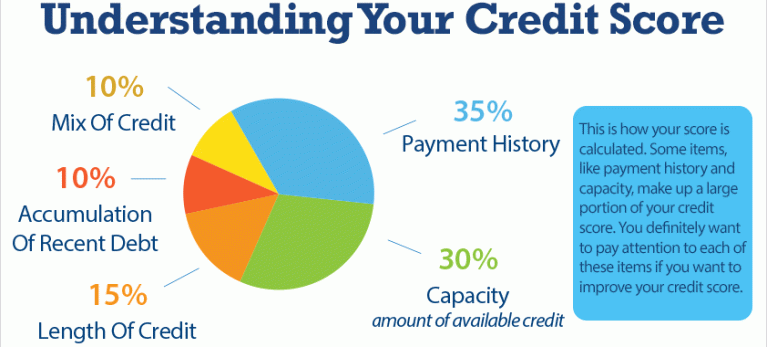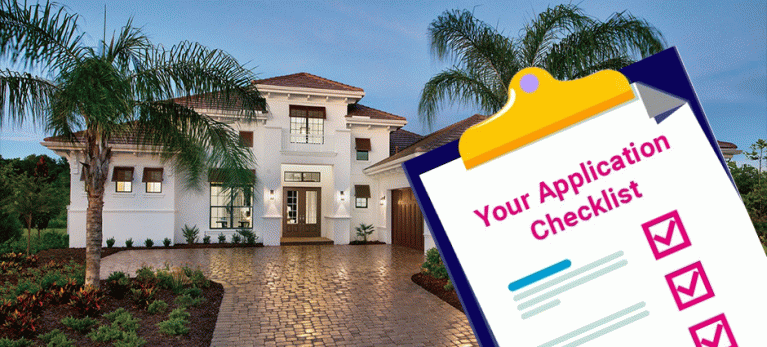When a condo cannot be purchased with a conventional loan, a loan supported by Fannie Mae or Freddie Mac, it is considered “non-warrantable.”
If you are searching for a condo and need a loan to make the purchase, you’ll find that most are warrantable and can be purchased with a conventional loan. (Assuming they are not over the loan limits.)
 A few, however, are non-warrantable condos.
A few, however, are non-warrantable condos.
To be warrantable, a condo needs to meet an extensive list of requirements. These requirements encompass a variety of factors, including the financial status of the condominium complex, the ownership of various units, and whether or not the facility is involved in lawsuits.
A condo can, therefore, be deemed non-warrantable for a variety of reasons. Fannie Mae provides a complete list of its guidelines, describing how condo facilities can be non-warrantable when they include manufactured housing or have non-residential or commercial space that exceeds 35% of the total property, among many other requirements.
Ownership of other units will also impact warrantability. For example, if a single person owns more than 20% of the units in the entire project, it is non-warrantable. Likewise, if 15% of the units in the project have delinquent HOA dues (60 days late or more), conventional loans are unavailable.
Units that operate as a hotel or motel, which are also known as “condotels,” are unavailable for conventional loans. Fortunately, in this case, there are options for financing condotels, especially condotels that will be used as an investment.
Some condo units require membership in a club or organization. For example, some facilities near golf courses may require membership in a country club, which would make them ineligible for conventional loans.
There are many reasons, and we haven’t covered them all, but the result is the same: the condo becomes non-warrantable. No matter what the cause, there are ways you can still make the purchase…






